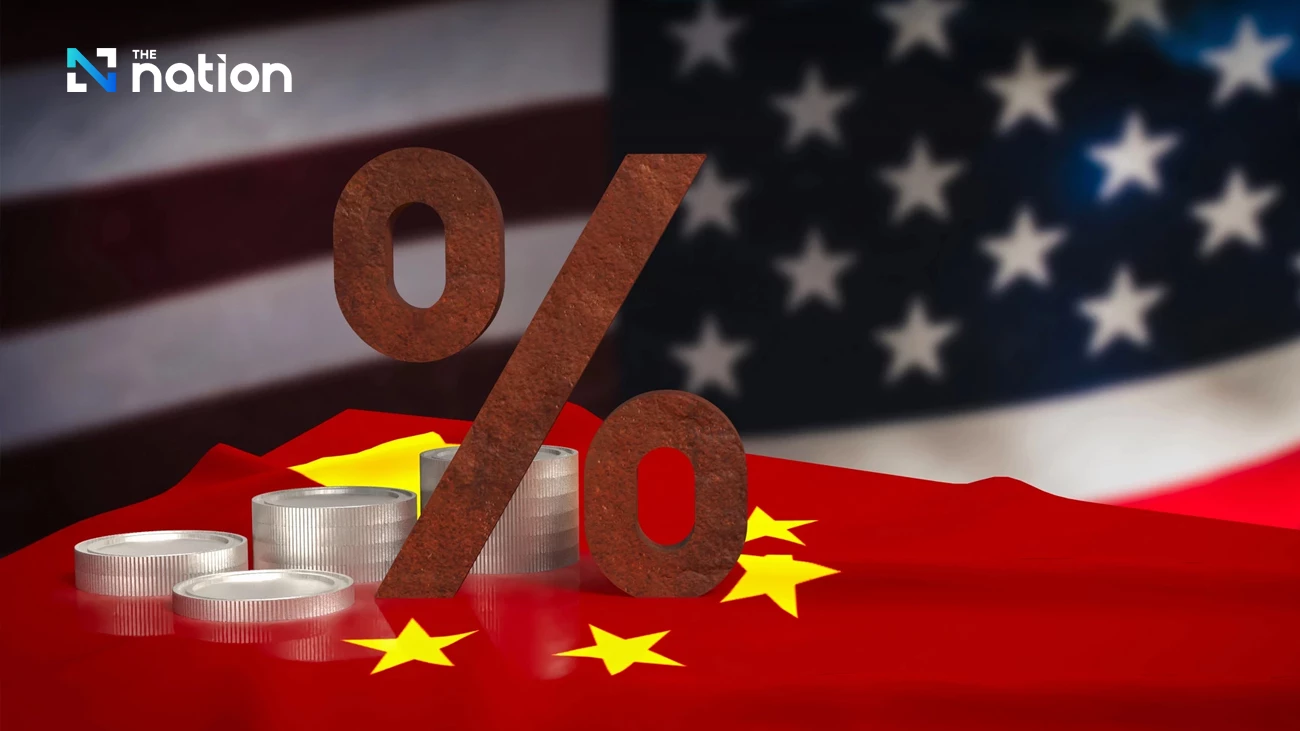
If the new tariffs take effect on November 1, Aat outlined three major consequences:
Global trade slowdown – The World Trade Organisation (WTO)’s 2025 trade growth forecast of 2.4% could fall to 1.5–1.9%.
US economic hit – US GDP could drop from 1.8% to between 1.0–1.3%, as higher input costs push inflation and curb consumer spending.
China slowdown – China’s GDP could shrink by 0.5–1%, with exports to the US potentially falling from US$435 billion in 2024 to around US$200 billion — a 50–75% plunge.
For Thailand, the impact could be severe. The trade deficit with China could surge from 1.6 trillion baht in 2024 to nearly 2 trillion baht if Chinese exports to Thailand rise 30% as Beijing redirects shipments.
During the first eight months of 2025, Thailand’s deficit with China already reached 1.37 trillion baht and may hit 1.7 trillion baht by year-end.
“If Chinese goods are shut out of the US, China will flood regional markets. This could hurt Thai manufacturers directly,” Aat said.
“While Thailand’s exports grew by 13% in the first eight months and could expand by more than 5% this year, next year will be difficult due to the US’s 100% tariff on Chinese goods and domestic political uncertainty.”
Some Thai industries may benefit from the shift. Thai exports that could replace Chinese goods in the US market include automobiles, electronics, and processed foods.
However, sectors that rely on Chinese imports for re-export — such as chemicals, plastics, electronic components, rubber, and machinery parts — could see weaker demand.
“Thailand must adapt quickly to this new trade war,” Aat concluded. “Even if Thailand is not directly targeted, the structural impact on the global trading system will be felt here. We must diversify export markets and enhance competitiveness to stay ahead.”

